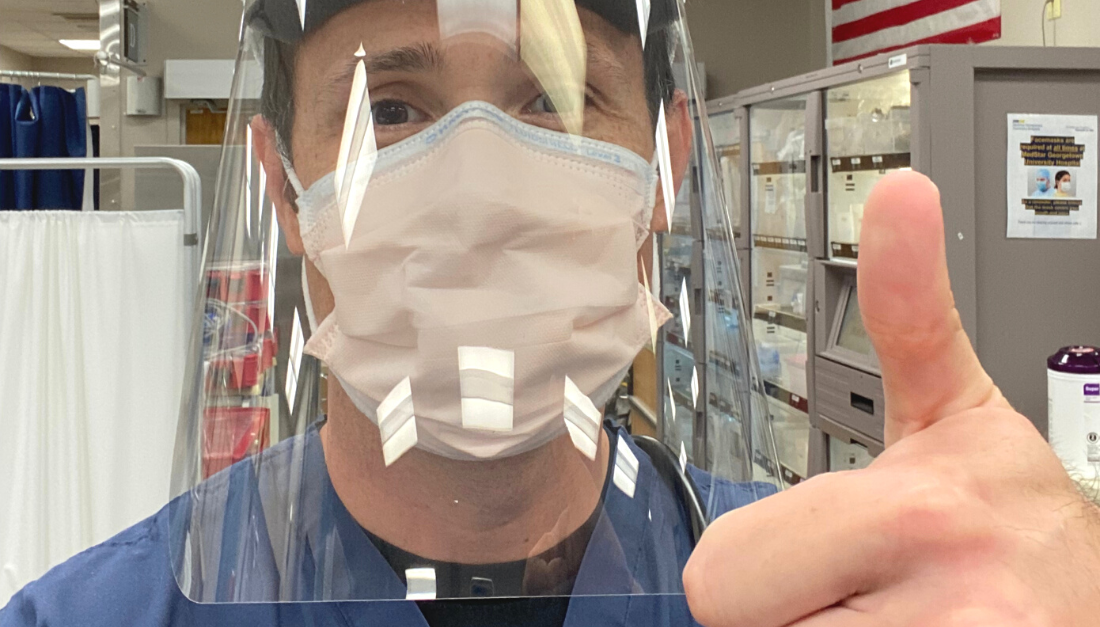It’s been over three years since I saw my first COVID-19 patient in the emergency department. The image of that x-ray is burned into my memory: clusters of white spots spread out across both sides of the patient’s lung. A dramatic, and not all that common, clinical finding. The patient in front of me already had a fever and was breathing quickly, in need of extra oxygen support. I didn't know then the significance that patient would have on me, but three years later I think about them often, and how they marked the start of a three plus year journey that changed the world.
Throughout 2020 and before the successful launch of multiple COVID-19 vaccines, I saw countless patients in a similar condition. The hospital emergency department I work in was frequently overrun with seemingly endless admissions into the intensive care unit.
But just ten months into the pandemic, hope arrived in the form of an effective and safe vaccine that changed the course of the pandemic for the better. The vaccine and subsequent iterations were thanks to biopharmaceutical research and development decades in the making. Further, the biopharmaceutical industry was able to manufacture millions of doses quickly thanks to early decisions to scale up manufacturing capacity.
Though the vaccine didn’t immediately end the flow of patients with COVID-19 coming into my emergency department, the symptoms of patients seeking care gradually became much less severe than they were when the pandemic first started. In short, the vaccines roll-out allowed us to build the current “immunity wall.” Vaccines, plus effective anti-viral medications, have completely changed how we think about COVID-19 today.
Make no mistake, COVID-19 is still with us, and it’s still impacting communities across the country. But I also can’t remember the last time I saw a patient presenting in the same way as the first one I saw three years ago. That is thanks to one of the most successful vaccination efforts in modern history due in part to biopharmaceutical leadership.
A nation that developed a safe and effective vaccine against COVID-19 in ten months, and then subsequent updated vaccines soon thereafter, should be looking to double down on the factors and policies that made it possible like an innovation ecosystem which fosters lifesaving medicines.
Unfortunately, that’s not always the conversation happening in Washington, DC.
Proposals to weaken intellectual property protections or implement government price setting on medications are a threat to America’s strong biopharmaceutical innovation ecosystem — where more medicines are more often approved in the U.S. first, than any other country. That’s something to be proud of. Without a clear commitment to continuous innovation, swiftly addressing future COVID-19 variants as well as long-COVID — and preparing for future public health threats like antimicrobial resistance, protecting public health will become more of a challenge.
Our north star should always be minimizing pain and suffering of individuals impacted by disease. If we want to remain prepared for whatever comes next, be it curve balls from COVID-19, or other emerging pandemic threats, we need to come together and support the ecosystem that enabled transformative medicines, including COVID-19 vaccines, to be developed.
Learn more about our industry efforts to fight COVID-19 here.



